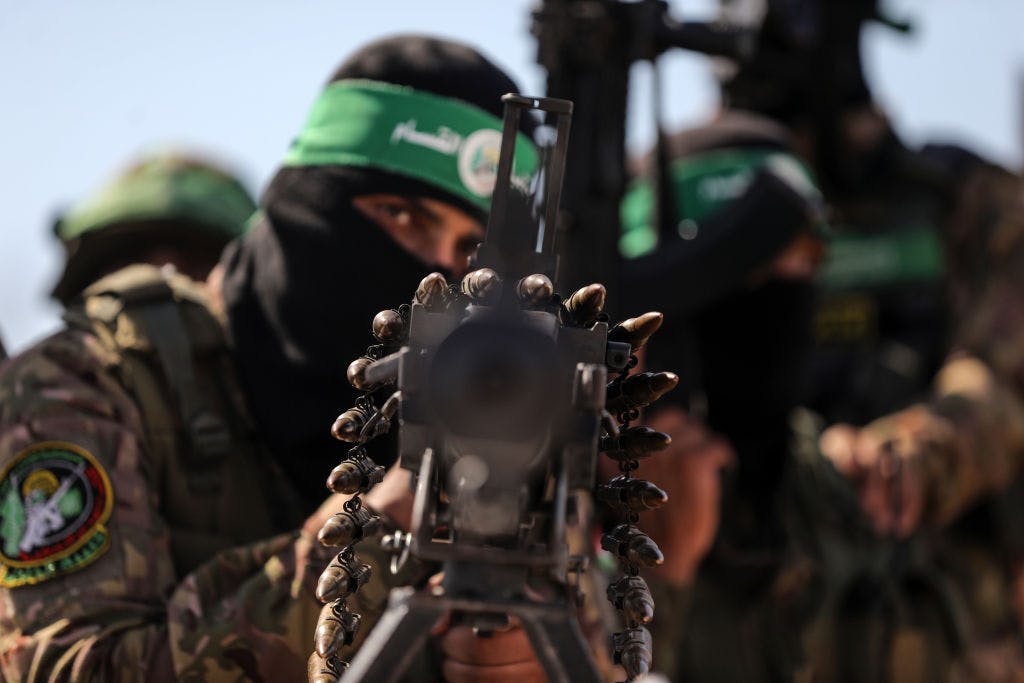Published: 8 September 2023
Last updated: 5 March 2024
WALID ABU TAYA wants his community leaders to participate in municipal elections, setting aside national grievances for quality of life.
Few causes seem more lost than convincing Palestinian Jerusalemites to vote in municipal elections. But a Jerusalem lawyer believes he will be able to shatter a decades-long taboo on participation in Israel’s political game.
Walid Abu Taya, 69, a Nazareth-born dual Israeli-US citizen, said he began considering running for mayor and creating a list for city council two years ago, while writing his PhD on Jerusalem’s legal issues. His list, “all of its residents,” echoes the dream many Arabs harbour of Israel becoming “a state of all its citizens”.
Abu Taya said Arabs call Jerusalem the “crown jewel” of cities but do nothing but pay lip service to it.
“The occupation has been here for 56 years,” he told The Jewish Independent. “I tell the Arabs: ‘come liberate Jerusalem if you can.’ I cannot liberate it. All I can do is live here and hold fast to the city.”
Since 1969, Jerusalem Palestinians have largely avoided casting their ballot in the municipal elections; the first vote following its unification under Israeli rule in the Six Day War of 1967. Palestinians, comprising nearly 40% of the city’s one million population, often argue that voting would legitimise Israel’s occupation of the eastern part of Jerusalem, including Temple Mount and the Old City.
“That’s not true,” Abu Taya says. “No Arab legitimises the occupation. But we have a national interest that overrides the national consensus to boycott. A similar consensus existed back in 1968 when Egyptian President Abdul Nasser said no to recognition of Israel and no to negotiations with it. But President Sadat came along in 1979 and realised Israel was a fait accompli. He put Egypt’s national interest first and retrieved the Sinai Peninsula through direct negotiations.”
Abu Taya would like to accomplish a similar feat for the residents of his city. According to his calculations, Jerusalem Palestinians have paid Israel some billion dollars in city taxes since 1967, but have seen little return on that money. The poverty level in East Jerusalem has reached 80%, with investment in housing, infrastructure, and education levels incomparable to those in the West.
But breaking the glass ceiling won’t be easy. Considerable pressure is exerted on Jerusalemites by the PLO not to vote, and its highest Islamic authority in the city, Sheikh Muhammad Hussein, issued a fatwa (religious decree) prohibiting voting on religious grounds.
But PA President Mahmoud Abbas told Abu Taya in a letter that he was giving “neither a green light nor a red light” on the matter, leaving it up to Jerusalem residents to decide.
Running the Jerusalem race as a Palestinian is a thankless endeavour. During the last election, in 2018, Aziz Abu Sarah withdrew his candidacy three weeks after announcing it, when Palestinian youth pelted his list members with eggs. Ramadan Dabash, another Palestinian candidate, ran to the end, but received just 2999 votes. His campaign debts are in the hundreds of thousands of shekels, a current Palestinian candidate told The Jewish Independent Media.
Nevertheless, Abu Taya believes he will succeed where his predecessors have failed. He himself has not been threatened, perhaps thanks to his Israeli citizenship, but members of his list who only hold Jerusalem residency cards have withdrawn from the race following pressure exerted on them. Now, he is trying to garner the support of influential community leaders in East Jerusalem willing to put aside big national agendas in favour of quality of life and integration into Israel.
“I place my hope on the younger generation, people aged 17 to 50,” Abu Taya says. “They just want to go shopping, study at Hebrew University, work at Hadassah Hospital. In short, they want to live.”
Photo: Walid Abu Taya




